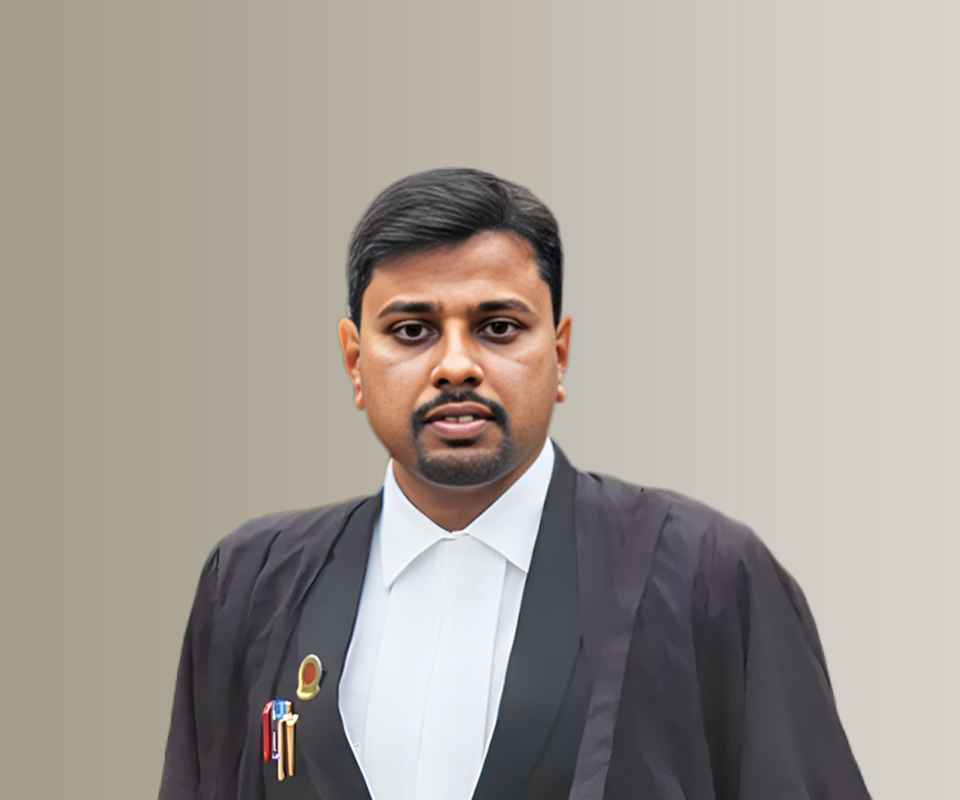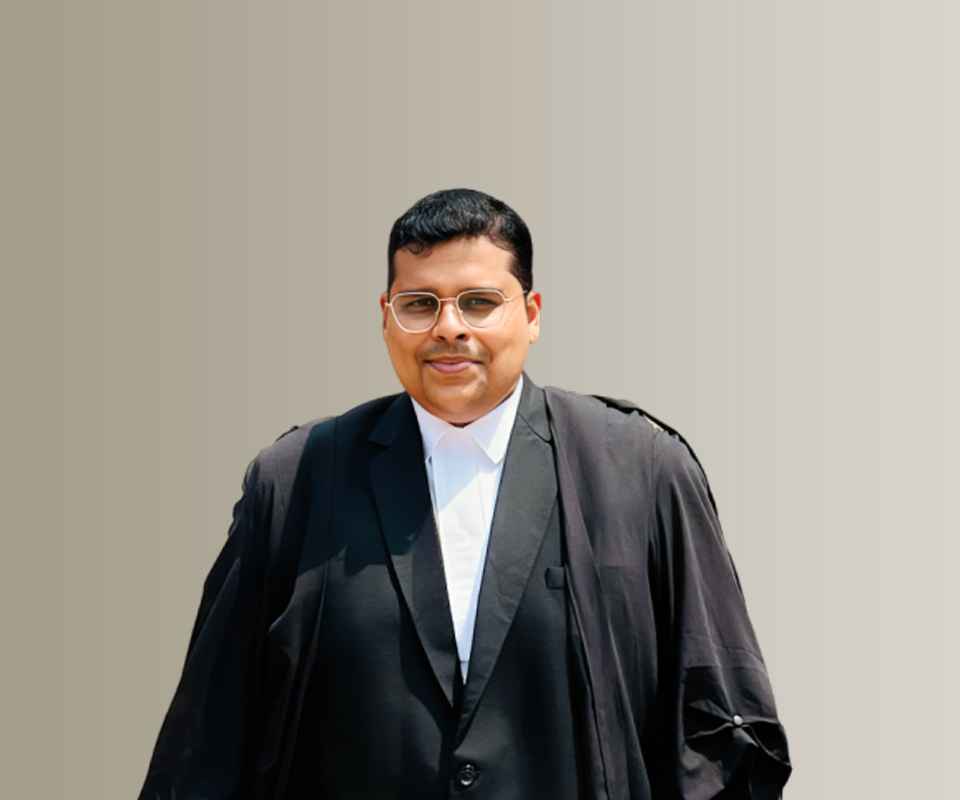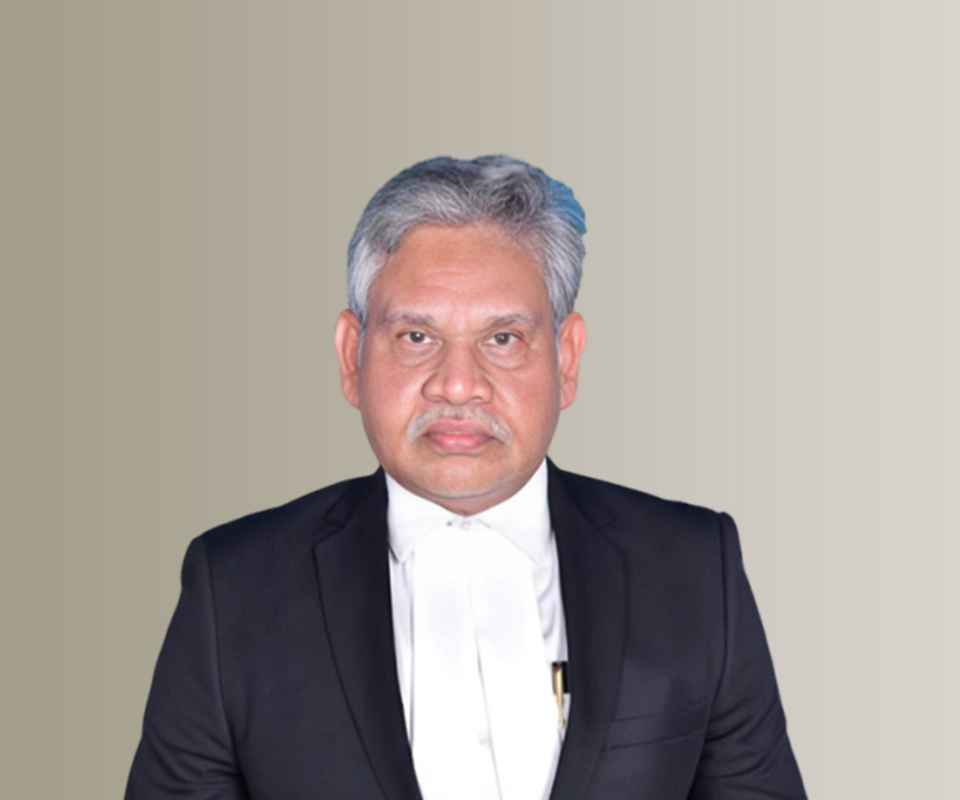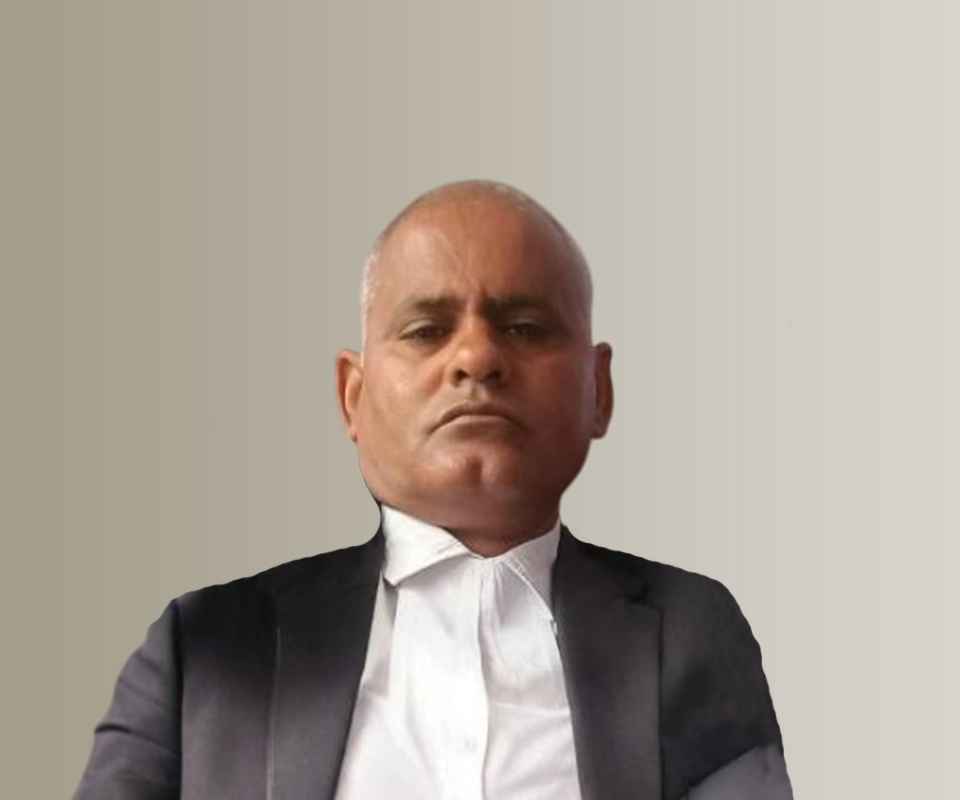Answer By law4u team
Constitution Of India Article 38: State to Secure a Social Order for the Promotion of Welfare of the People
{1}(1) The State shall strive to promote the welfare of the people by securing and protecting as effectively as it may a social order in which justice—social, economic, and political—shall inform all the institutions of the national life.
{2}(2) The State shall, in particular, strive to minimize inequalities in income, and endeavor to eliminate inequalities in status, facilities, and opportunities, not only amongst individuals but also amongst groups of people residing in different areas or engaged in different vocations.
NOTE
{1}1. Art. 38 renumbered as cl. (1) by the Constitution (Forty-fourth Amendment) Act,
1978, s. 9 (w.e.f. 20-6-1979).
{2} 2. Ins. by s. 9, ibid. (w.e.f. 20-6-1979). /p>
Brief Detail
Article 38, a part of the Directive Principles of State Policy, lays down the responsibility of the State to ensure the promotion of justice and equality in society. It emphasizes the importance of reducing income disparities and eliminating inequalities in all forms.
Question
Q1: What is the primary obligation of the State under Article 38?
A1: The State must promote the welfare of the people by ensuring a social order where justice (social, economic, and political) informs all institutions of national life.
Q2: How does Article 38 address inequalities?
A2: Article 38(2) directs the State to minimize income inequalities and eliminate disparities in status, facilities, and opportunities among individuals and groups in various regions and vocations.
Example
Example: Initiatives like rural development programs and schemes for marginalized communities aim to reduce disparities and fulfill the objectives of Article 38.
Summary
Article 38 mandates the State to create a social order that promotes justice and equality while actively working to reduce inequalities in income, status, and opportunities among individuals and groups.







